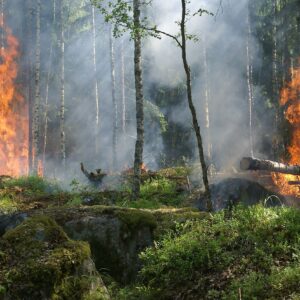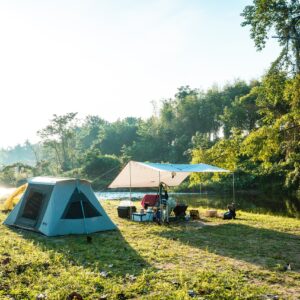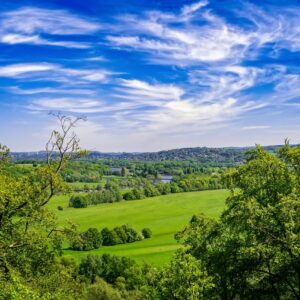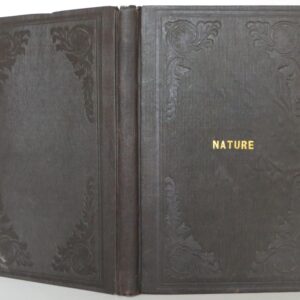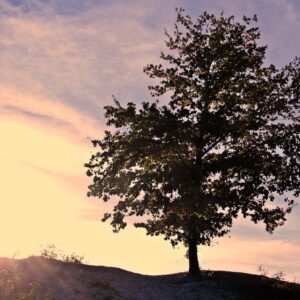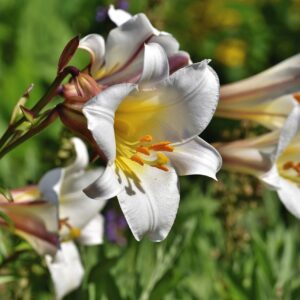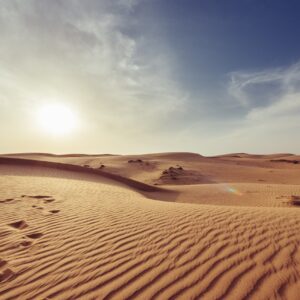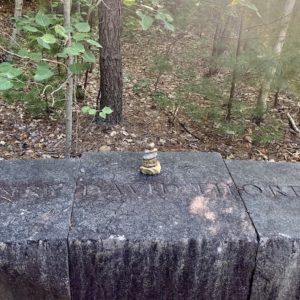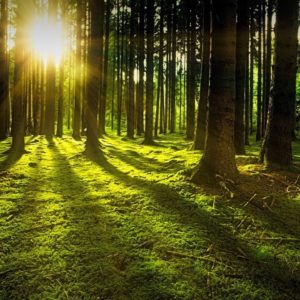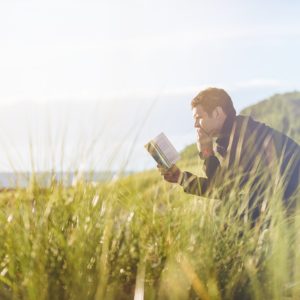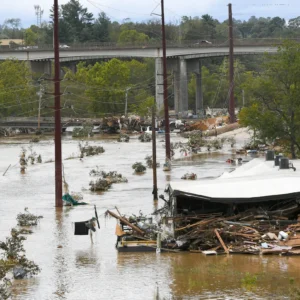
When Asheville Was Devastated
September 17, eight days before the Asheville storm, my wife and I left town. First stop, D.C. to visit our son and his partner. Next stop, New Rochelle, N.Y. to visit our daughter and her boys. Monday, September 30, the day after a “Yetzirah: A Hearth for Jewish Poetry” retreat for the board and staff in Manhattan: head home. Settle back just in time for the first night of Rosh Hashanah, the Jewish New Year. That was the plan.

